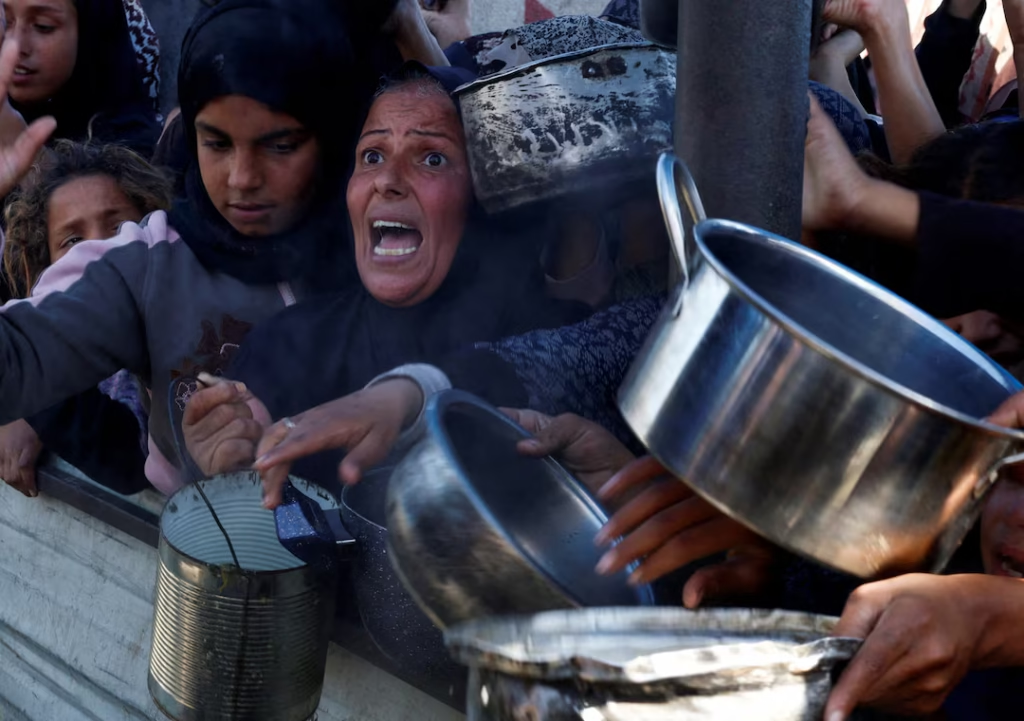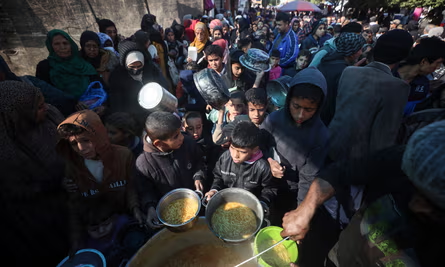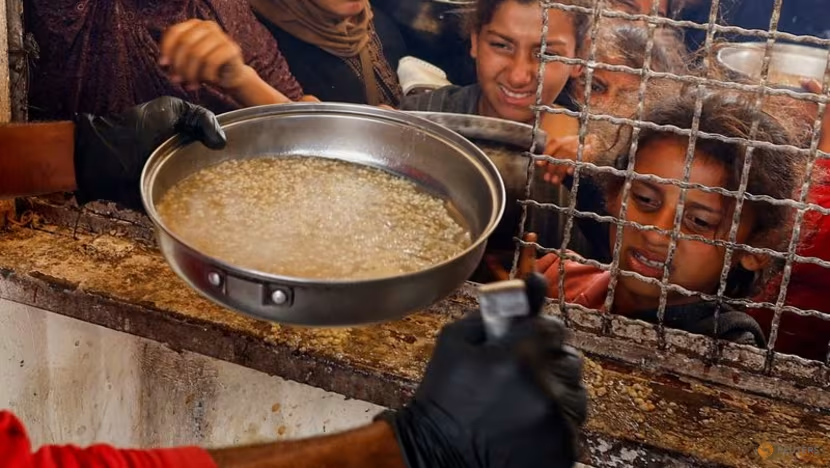Gaza faces a deepening humanitarian crisis as widespread looting and gang violence disrupt critical food supply lines, leaving millions of civilians at risk of famine. Despite Israel’s October pledge to combat armed gangs targeting aid convoys, little action has been taken, according to U.N. and U.S. officials.

Behind closed doors in mid-October, Israel agreed to secure food aid convoys entering Gaza. However, the Israel Defense Forces (IDF) have remained focused on their military operations against Hamas, providing limited assistance to curb gang activity, three officials familiar with the matter said.
The IDF spokesperson declined to comment on the October agreement but stated, “Israel has taken significant steps to allow the maximum possible scope of aid to Gaza.”
Gang violence in Gaza has surged, with looters targeting aid convoys under Israeli control. U.N. data shows that in October alone, $9.5 million worth of humanitarian supplies—almost a quarter of the total aid—was stolen. November’s losses were reportedly even higher, exacerbating the already dire situation.

One of the most significant incidents occurred on November 16, when a 109-truck convoy was ambushed shortly after leaving a border crossing. Armed gangs looted food supplies from 98 trucks while the IDF, stationed nearby, did not intervene, according to multiple eyewitnesses.
Georgios Petropoulos of the U.N.’s emergency response arm, OCHA, acknowledged the growing crisis, saying, “It’s just gotten too big for humanitarians to solve.”
The humanitarian situation in Gaza has deteriorated rapidly. Over 70% of Gaza’s population relied on food aid earlier in the year, but by November, that number had dropped to 29%. Many bakeries, including the Zadna 2 bakery, have been forced to close due to a lack of flour, leaving tens of thousands without daily bread.
“We’re not receiving any flour because of looting,” bakery owner Mohammad Abdel-Dayem told reporters, though the IDF challenged claims of supply shortages.

The crisis was triggered in part by Israel’s decision in early October to halt commercial food shipments into Gaza. Previously, these shipments accounted for nearly all fresh food and over half of the goods entering the territory. The abrupt suspension created shortages, driving up prices and making aid trucks prime targets for looters.
Despite calls from the U.N. and the U.S. to restore commercial shipments, Israeli authorities have not agreed, citing security concerns.
Efforts to negotiate ceasefires and increase humanitarian aid continue, but relief workers say the stalemate over responsibility for civilian welfare in Gaza hampers progress. Israel maintains its role is limited to facilitating aid transfers, while international organizations argue that more security and logistical support are urgently needed.
For now, millions of Gazans remain trapped in a cycle of hunger, violence, and desperation, with no immediate solutions in sight.



